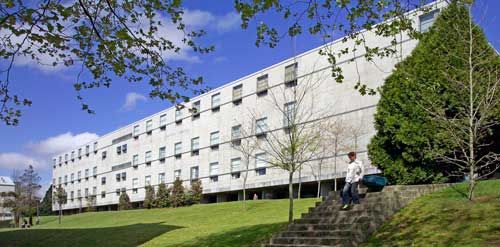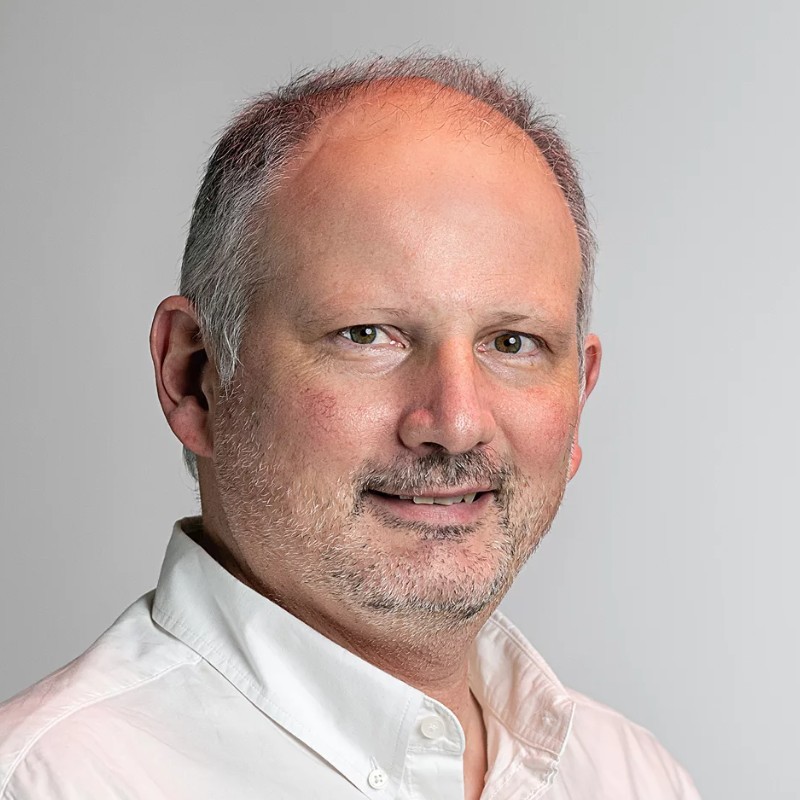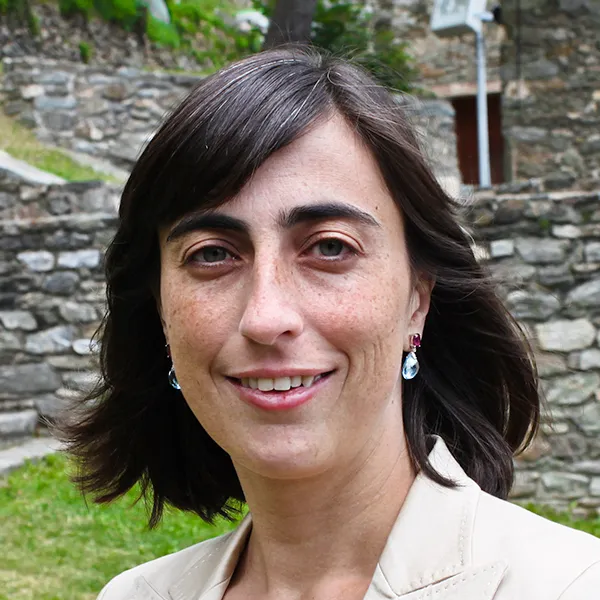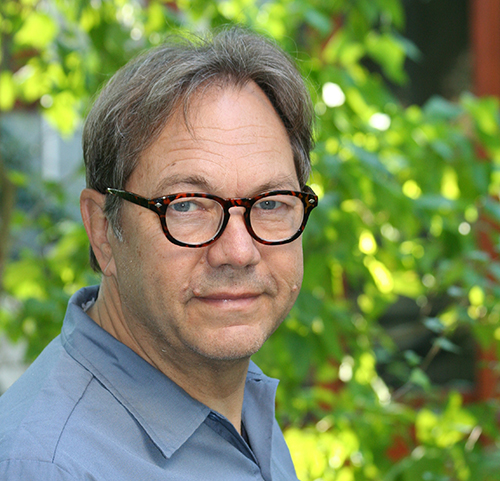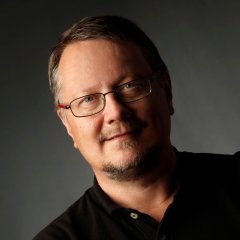About WHAI@EU
Artificial Intelligence (AI) as a scientific discipline has developed for almost seven decades. From its roots in ancient times, with myths and stories about artificial beings, to the modern era of machine learning and knowledge-based systems, AI has evolved through several stages with successes and failures.
It is undoubtedly one of the most elusive topics in Computer Science; we must approach its study from various points of view. This situation is due in part to the enormous and nebulous nature of the very definition of intelligence. Applications of AI range from machines that are capable of reasoning to fast and complex search algorithms used to play, for example, board games as complex as Go. AI has relevant applications in almost all areas of life and has been adapted to how we use computers in society.
The Workshop on the History of AI in Europe aims to delve into the chronology of AI on our continent, tracing its journey from theory to practice and from its beginnings to its current state. Its objective is to shed light on some essential milestones, themes and advances that have marked this journey. Additionally, we want to identify key people who were active players in shaping the history of AI in Europe.
Workshop Programme (20th October)
- 14:00-:14:10 Introduction
- 14:10-15:30 Session 1
- 14:10:14:30 The Early Days of the AISB. E. Alonso
- 14:30-14:50 The Birth of AI in Portugal. J. Pavão Martins
- 14:50-15:10 Spanish Association for Artificial Intelligence: story, achievements and challenges. F. Verdejo et al
- 15:10-15:30 A Short History of the Early Years of Artificial Intelligence at Edinburgh. C.K.I. Williams et al
- 15:30-16:00 Coffee Break
- 16:00-16:40 Session 2
- 16:00-16:20 Four figures of Parisian AI research and four questions to ask them. F. Pachet et al
- 16:20-16:40 European research contributions to model-based reasoning – a personal view F. Wotawa
- 16:40-17:30 Discussion on The History of AI in Europe Timeline. Please, do not hesitate to send your contributions before the workshop using this link!
// BibTeX citation
@proceedings{WHAI24,
doi = {10.5281/zenodo.1389067},
url = {https://zenodo.org/doi/10.5281/zenodo.1389066},
author = {Cortés, Ulises and Bugarín, Alberto and Barrué, Cristian},
title = {Proc. of the Workshop on the History of AI in Europe (WHAI@ECAI)},
publisher = {Zenodo},
year = {2024},
copyright = {Creative Commons Attribution 4.0 International}
}
Topics
- Historical Perspective: Cultural and technological evolution of AI in Europe.
- Pioneers in Europe: Identify the pioneers of AI in Europe.
- Key Milestones:
- New AI research areas born in Europe
- Seed and influential papers
- Key applications of AI
- AI Societal Impact and Ethical Considerations
Contributions Submission
- Invited contributions have to provide a long paper.
- Long papers will be six pages of content and unlimited references in the ECAI 2024 formatting style.
- Extended abstracts will be two pages in ECAI 2024 formatting style.
- Selected papers and invited contributions will be considered for possible inclusion in a special issue of The European Journal on Artificial Intelligence.
Key Dates
- Paper submission June 15, 2024
- Author notification July 1, 2024
- Camera Ready August 22, 2024
- Workshop October 20 (14pm session), 2024
- Paper submission for European Journal on Artificial Intelligence February 28, 2025
Project Partners

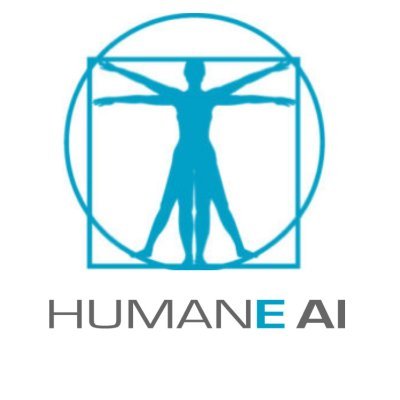
Venue
How To Get Here
All events that are part of the pre-conference programme will take place in two adjacent buildings located in the North Campus of the University of Santiago de Compostela:
Registration
Registration for both the pre-conference programme and the main conference will be possible on Saturday and Sunday at the Faculty of Communication Sciences. Also, for the main conference people can register at the Auditorio de Galicia during the Opening Reception on Sunday evening.
Services
- Lunch provided on location (included in registration)
- Coffee and refreshments provided during coffee breaks
- Very limited options for buying food and drink outside of official break times
Opening Reception
- Time: Sunday, starting at 19:00 (doors open at 18:30)
- Location: Auditorio de Galicia (5-minute walk)
- Audience: participants registered for the main conference only
- Food and drinks available, but not a full dinner


